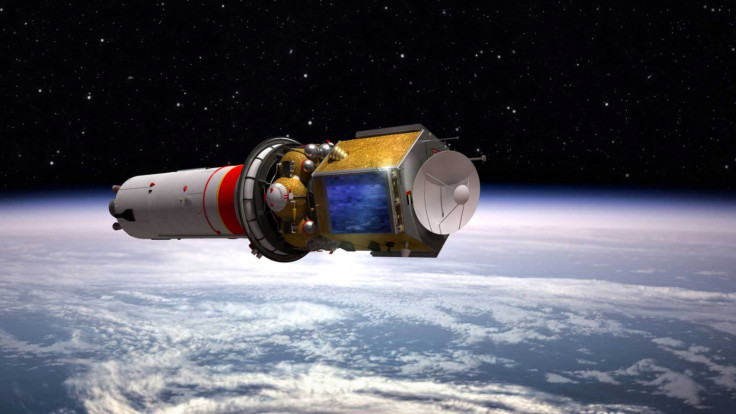UAE to join space exploration with Mars mission

The United Arab Emirates will join a select group of nations with technological expertise in space when its probe to Mars will be launched in 2020 and placed in orbit in 2021.
In what will be a first for the Arab world, the Emirates Mars Mission will demonstrate technical and intellectual capabilities in space exploration, and provide an entry into the global space industry which sees an annual spending of over $314bn.
"We will prove that we are capable of delivering new scientific contributions to humanity," said Sheikh Khalifa, the president during the announcement last year.
The US, Russia, EU and India are the countries which have placed a satellite in orbit around Mars.
"This mission is not about reaching Mars but about inspiring a whole new generation and transforming the way youth think within the region," Omran Sharaf, the man leading the mission, told the Guardian. "The goal here is hope, for humanity, for the region, for youth in countries with lots of conflict."
The Emirates Mars Mission team has 75 people and will expand to 150, with half of them women and the average age being 27.
Sharaf adds that there is no reinventing the wheel with the mission which will work around what has been achieved before. "When we're done with our mission, people are going to build on what we have achieved."
For Sarah Amiri, the 29-year-old head of the science team, the aim of the Mars mission is to understand the planet's evolution from a habitable one at the edge of the "Goldilocks zone" to an arid, dry world.
"Understanding that evolution and understanding how the loss of water, which was triggered by the loss of atmosphere on the planet, and the dynamics and climate change that has occurred and is occurring on Mars, is very important for humanity's understanding of the evolution of Earth itself," she said.
The Mars mission was announced in July 2014 by Sheikh Mohammed bin Rashid, the UAE's vice-president and Dubai's ruler.
Size of a car
The probe which is the size of a car will be launched in July 2020 and enter orbit around the Red Planet a year later after completing the 60 million km journey.
It will be a compact, hexagonal-section spacecraft built from aluminium in a lightweight honeycomb structure and a strong composite face-sheet. With fuel it is expected to weigh around 1,500 kg.
Three extendable 600 watt solar panels to power it, high gain radio antenna with 1.5 m dish and low gain ones too, two sets of thrusters-six large ones and eight small ones, and an autonomous computer to guide the probe without guidance from Earth are some of its main features.
An imager and two spectrometers are the instruments on board that will study the upper and lower atmosphere for gases and temperature, to evolve a "true global picture of Mars".
The UAE has been involved in the launches of DubaiSat 1 and 2, developed and launched with South Korea with a third one KhalifaSat, due for launch in early 2018.
© Copyright IBTimes 2025. All rights reserved.





















